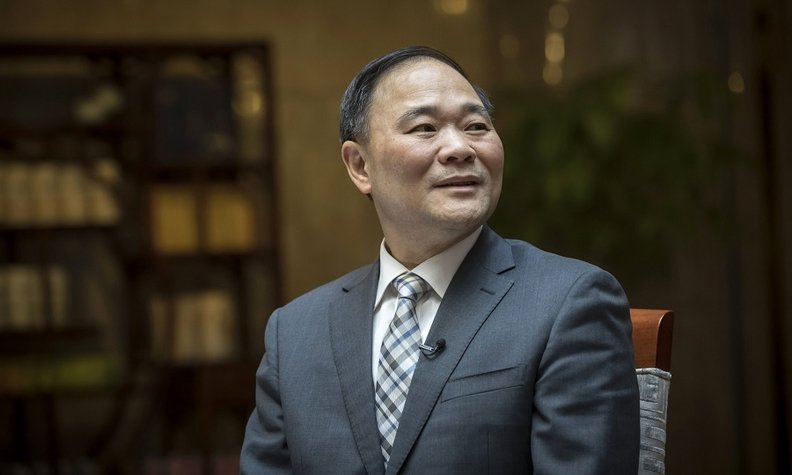
22 Jan Geely’s billionaire owner still wants to add brands
Li’s track record of making deals succeed puts Geely in the driver’s seat in Asia as automakers seek combinations to prepare for turbulence ahead. The industry is facing a tectonic shift toward electrification, self-driving vehicles and mobility services, which are crimping demand for individual car purchases and squeezing out weaker players.
“Li Shufu believes the industry doesn’t need so many players in the future,” said Shi Ji, an analyst with Haitong International Securities in Hong Kong. “Geely’s success with Volvo has made it more confident that it can develop faster via mergers.”
More acquisitions and discussions around the globe ensued. Last year, Geely was approached by Tata Motors, JLR’s owner, for a deal including the beleaguered British luxury business, following an earlier report of interest in Alfa Romeo and Maserati (something the company denied).
It recently emerged that Geely held preliminary discussions about a possible investment in Aston Martin. Geely is primarily interested in a technology-sharing deal that could benefit businesses such as Lotus, according to people familiar with the matter. Geely, based in the city of Hangzhou near Shanghai, declined to comment.
“The historical trend of economic globalization is irreversible,” Li said in a speech earlier this month. Geely should “work together with international partners” to “seize the technological commanding point through collaboration and sharing.”
Li’s investments have prompted other Chinese carmakers to try to emulate his strategy. Beijing Automotive Group Co. bought a 5% stake in Daimler in July and is considering lifting its holding in the Mercedes-Benz maker to as much as 9.9%, people familiar with the matter said last month. Dongfeng Motor Corp. acquired a 12% holding in Peugeot maker PSA as part of a 2014 deal.
Beyond carmaking
A key driver for Geely’s expansion is Li’s vision to transform the conglomerate from a carmaker into a provider of transport services. Geely has developed car-sharing services by itself as well as with Daimler, while also making futuristic bets on flying taxis and high-speed trains.
In September, the carmaker led an investment round in air-taxi provider VoloCity, aimed at helping the service launch commercially within three years. In 2018, Li’s company signed an agreement with state-owned China Aerospace Science and Industry Corp. to build supersonic trains using homegrown technology.



Sorry, the comment form is closed at this time.